
Author Interview: Alaina E. Roberts
Today we share an interview with Alaina E. Roberts, who published an article in the June 2020 issue, titled “A Different Forty Acres: Land, Kin, and Migration in the Late Nineteenth-Century West.” Alaina is an Assistant Professor of History at the University of Pittsburgh. Her forthcoming book, I’ve Been Here ...
Read More
Read More
Farewell to Founding Digital Editor of Muster!
June has been a period of transitions. With the postponement of SCWH conference until next year, Muster, too, has undergone a major editorial transition—the first of its kind—the departure of Kristen Epps. As I step into this role, I am forever grateful for her guidance throughout the process. In today’s ...
Read More
Read More

Congratulations to the Winner of the 2019 George and Ann Richards Prize
Caroline E. Janney has won the $1,000 George and Ann Richards Prize for the best article published in The Journal of the Civil War Era in 2019. The article, “Free to Go Where We Liked: The Army of Northern Virginia After Appomattox,” appeared in the March issue. Janney’s essay examines ...
Read More
Read More
Serving the Society of Civil War Historians in the Coronavirus Era
This essay is offered as an effort in presenting my thoughts about navigating the current pandemic and what it means for me as a historian and as SCWH President. Although these are largely personal reflections, I hope that they find some resonance with other scholars and students of Civil War ...
Read More
Read More

Popularizing Proslavery: John Van Evrie and the Mass Marketing of Proslavery Ideology
Let’s start with a quiz. 1: What are zygomatic arches? 2: Who, exactly, was Amunoph IV? 3: What are the key similarities and differences between the Esquimaux Dog (C. familiaris, Desm.) and the Hare-Indian Dog (C. familiaris lagopus)? These questions are drawn from references made in one of nineteenth-century America’s ...
Read More
Read More
Editor’s Note: June 2020 Issue
Themes of movement and mobility unite the essays in this issue. We begin with Amy Murrell Taylor’s 2019 Watson Brown Award acceptance speech for her book Embattled Freedom: Journeys through the Civil War’s Slave Refugee Camps. The speech encapsulates a central contention of Taylor’s book—that movement was critical to the ...
Read More
Read More
Announcing Our New Digital Media Editor, Hilary Green
The Journal of the Civil War Era is pleased to announce that, starting in June, Dr. Hilary Green will step in as our new Digital Media Editor. Dr. Green is an Associate Professor of History in the Department of Gender and Race Studies at the University of Alabama. She earned ...
Read More
Read More
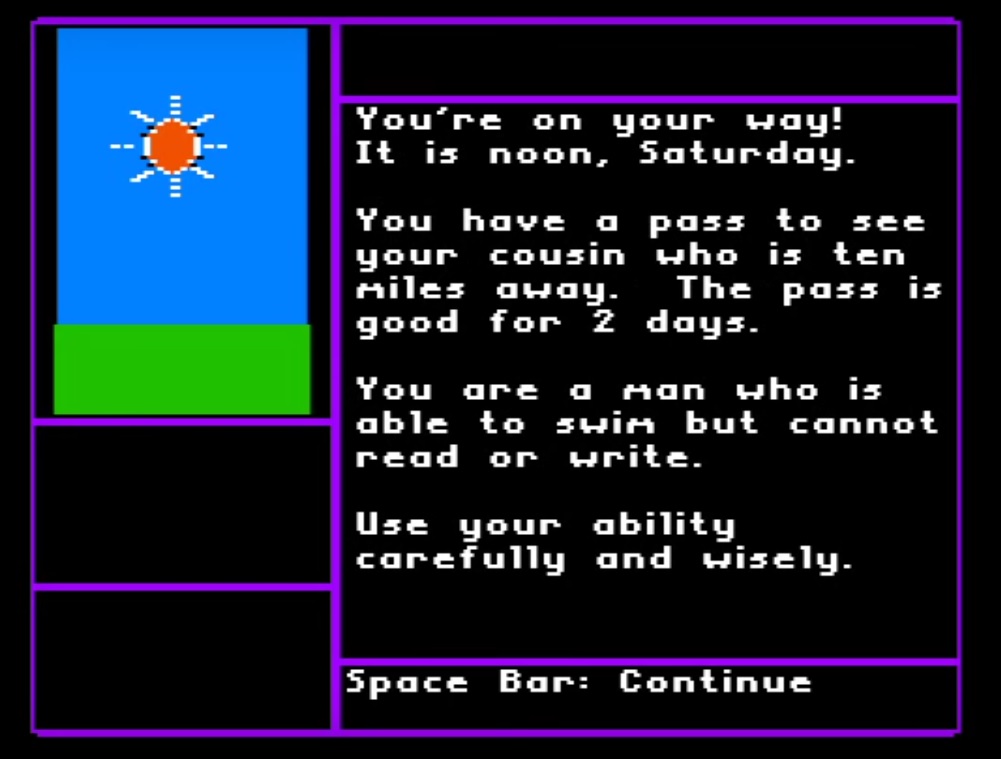
Interpreting Slavery Through Video Games: The Story of Freedom!
As a child of the 1990s, some of my earliest memories revolve around playing PC video games. Whether connecting to the dial-up modem to play a racing game with my grandfather or walking with my classmates to the school computer lab, video games sparked my curiosity and provided countless hours ...
Read More
Read More
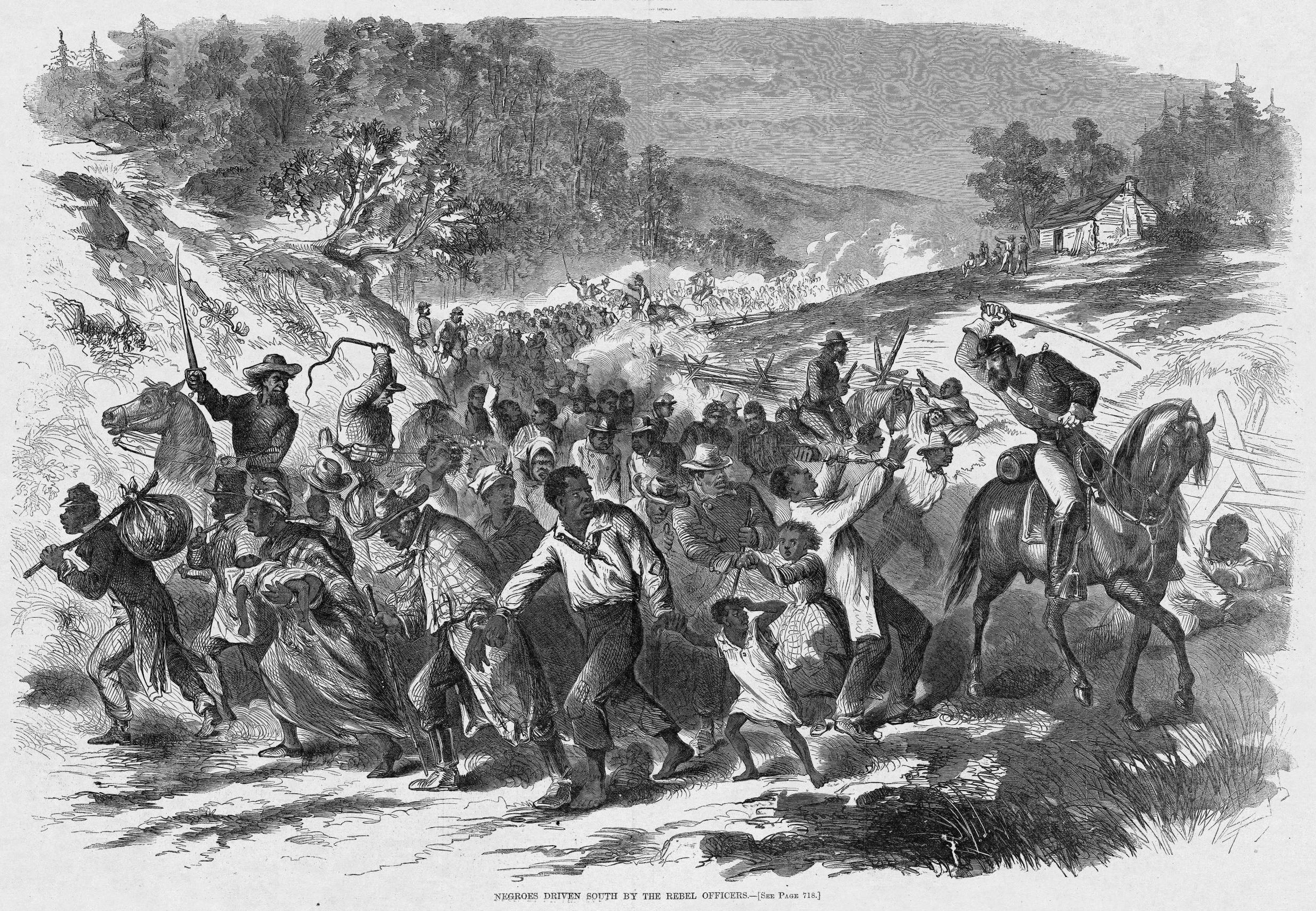
Tracing Black Mothers’ Love: Reconstruction-Era Reunification and DH Possibilities
The COVID-19 pandemic has magnified the importance of digital humanities (DH) projects and accessible digital tools for those locked out of traditional archival repositories. The recent and expanding democratization of archival materials, moreover, has introduced new possibilities for researching African American reunification efforts as an embodied application of Civil War ...
Read More
Read More

Author Interview: Evelyn Atkinson
Today we share an interview with Evelyn Atkinson, who published an article in our special issue on the Fourteenth Amendment in March 2020, titled “Slaves, Coolies, and Shareholders: Corporations Claim the Fourteenth Amendment.” Evelyn is a doctoral fellow at the American Bar Foundation and Ph.D. candidate in History at the ...
Read More
Read More

Welcoming P. Gabrielle Foreman to the Muster Team
We are pleased to announce the addition of a new correspondent to our Muster team, P. Gabrielle Foreman. Gabrielle recently moved to Penn State from the University of Delaware where she was the founding faculty director of the award-winning Colored Conventions Project. At Penn State, she'll launch and direct the Center ...
Read More
Read More
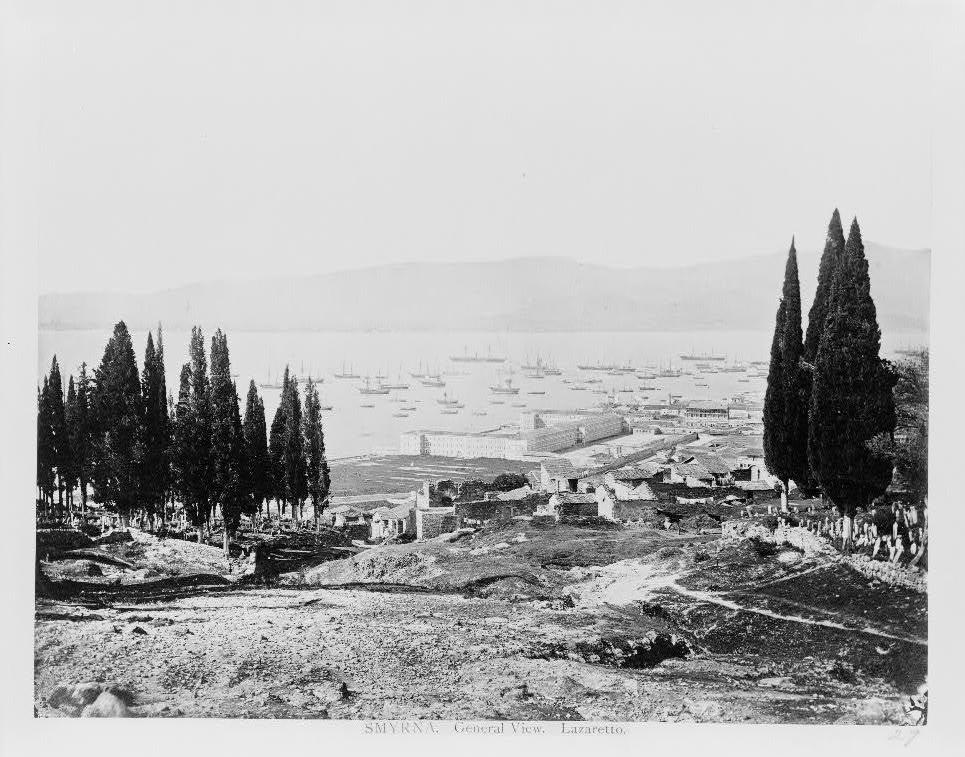
Defending Residents Abroad: The Almost Abduction of Martin Koszta in Smyrna
Since 1950, the United States has maintained the Sixth Fleet in the Mediterranean, headquartered today in Naples, to protect U.S. interests. The fleet has been instrumental in recent struggles against ISIS. However, the U.S. presence in the Mediterranean is as old as the country. Thomas Jefferson had dispatched ships to ...
Read More
Read More
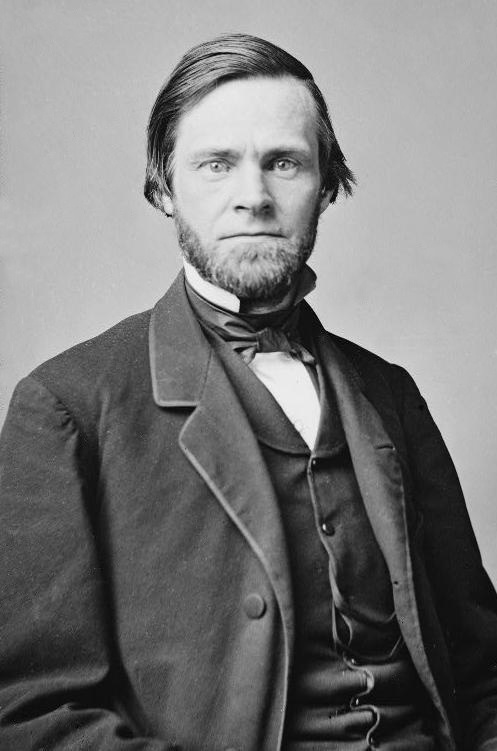
John Sherman’s Struggle to Preserve Democracy: How 1860 Connects to 2020
This is not the first time in American history when democratic governance appeared to be under assault. In the years before the Civil War, just as today, minority rule was the norm. White Southerners dominated the Democratic Party, and the Democratic Party dominated the federal government. In this way, what ...
Read More
Read More
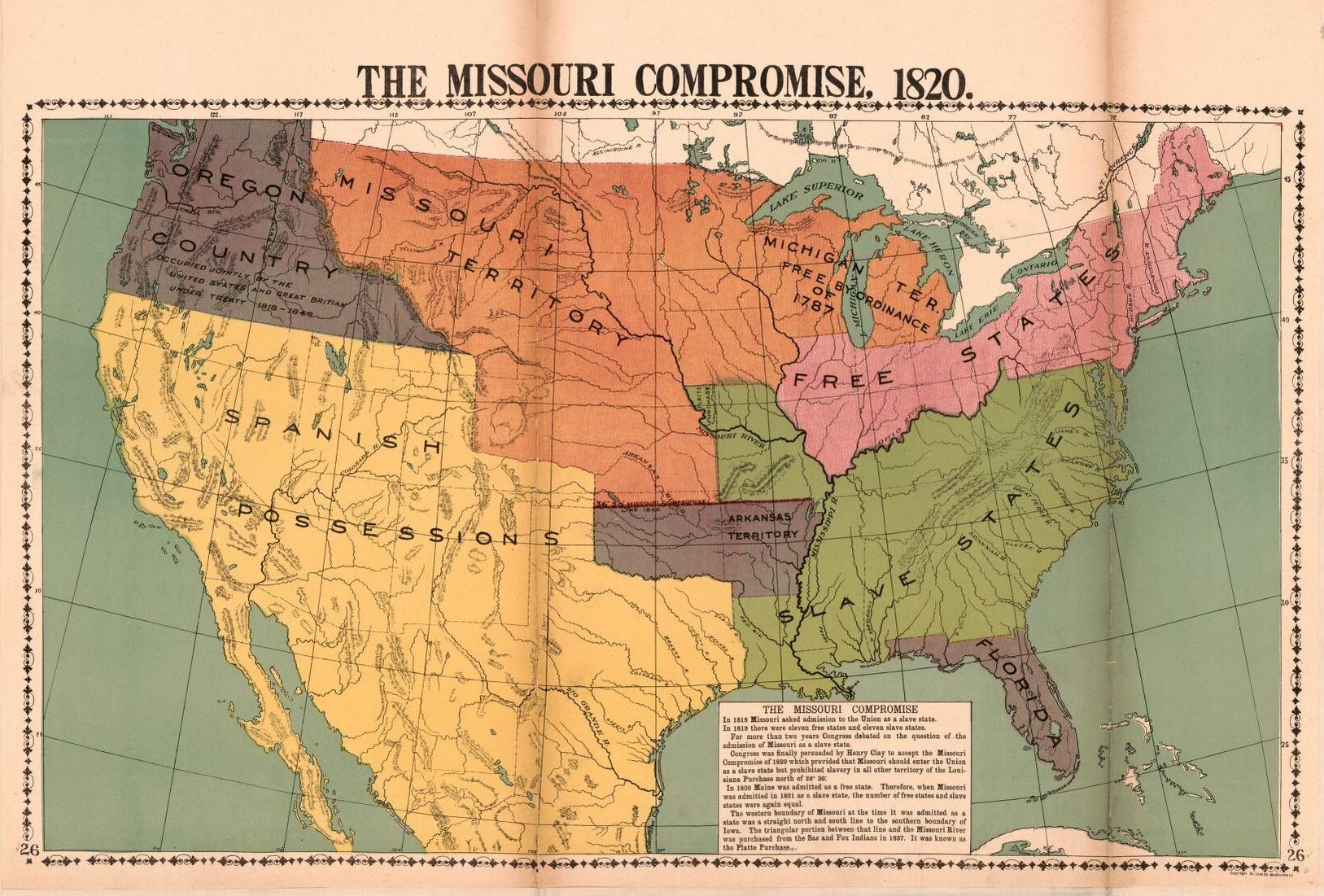
Missouri Compromised: Anti-Slavery Protest During the Missouri Statehood Debate
In his book On Compromise and Rotten Compromises, the philosopher Avishai Margalit argues that "we should be judged by our compromises more than by our ideals and norms. Ideals may tell us something important about what we would like to be. But compromises tell us who we are."[1] The essence ...
Read More
Read More
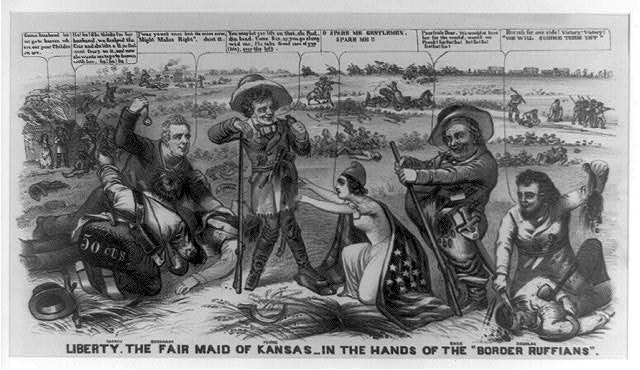
A War for Settler Colonialism
Today on Muster we share the first post from our recent addition to the correspondent team, Paul Barba. Paul is an assistant professor of history at Bucknell University who studies slaving violence in the Texas borderlands. He will be writing on the Civil War in the West. Welcome, Paul! In ...
Read More
Read More
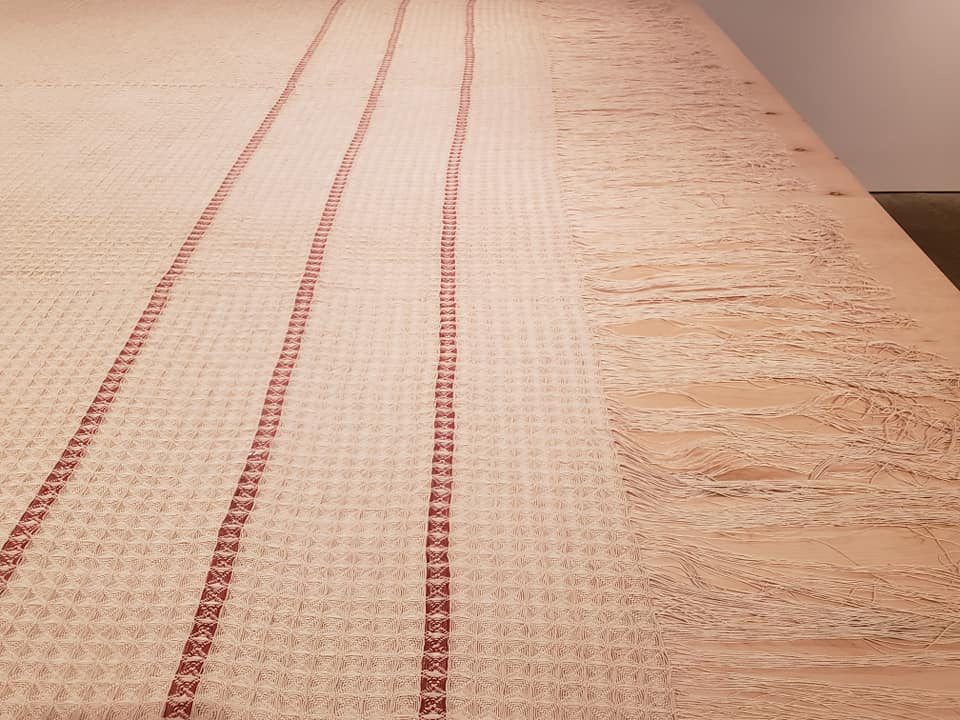
When Art and History Collide: Surrender, Civil War Memory, and Public Engagement
From late March to August 2019, the Fabric Workshop and Museum in Philadelphia showcased the innovative work of Sonya Y. Clark. Known for “Unraveling,” an art piece consisting of a deconstructed Confederate battle flag, the Amherst College professor’s recent works have explored race, symbols and Confederacy, and the nation’s struggle ...
Read More
Read More